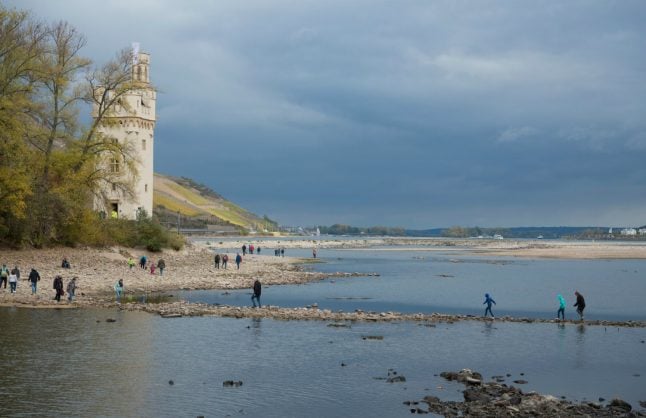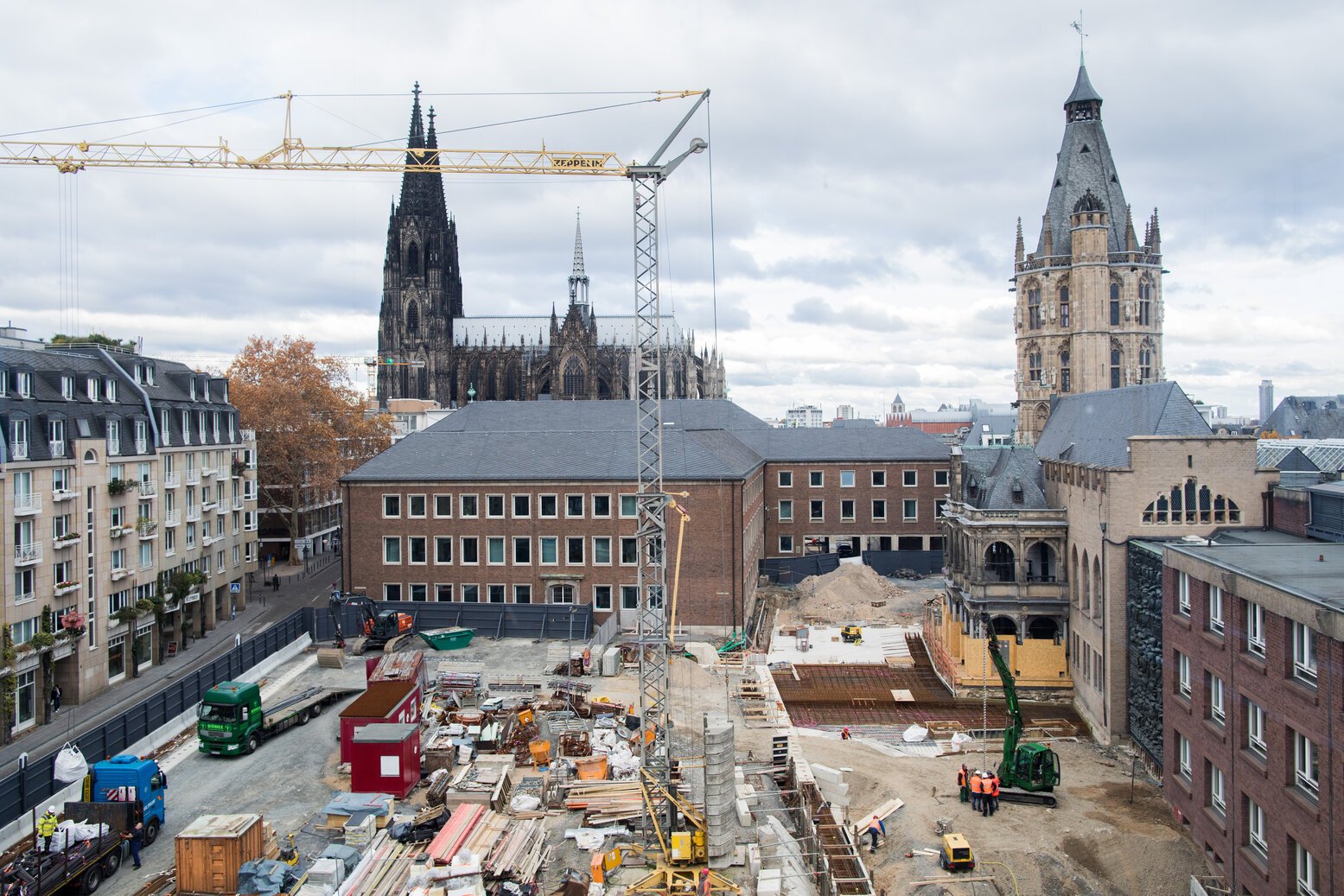The unusual move, ordered by official decree, will see Germany unlock reserves of gasoline, diesel and jet fuel to help affected regions along the mighty Rhine waterway.
A spokeswoman for the economy ministry told AFP the temporary measure was “specifically aimed” at certain areas and that Germany was not facing “a long-term crisis”.
Among those worst hit by delivery problems because of the reduced river traffic has been Frankfurt's busy international airport, as well as the city of Cologne and the western states of Hesse, Baden-Wuerttemberg and Rhineland Palatinate.
By law, Germany may tap its oil product reserves “to relieve a local crisis situation”.
According to Wirtschaftswoche magazine, it is only the fourth time in 40 years the government has taken this step.
SEE ALSO: 'We need intense rainfall' – drought cripples Germany's waterways
Months of scarce rainfall and hot sunny weather have driven water levels on the Rhine to historic lows, forcing barges to halt services or dramatically reduce their cargo to stay afloat.
While some oil products can be supplied to customers by rail, it is not enough to make up for the paralysed river transport.
Passenger ships normally plying the Rhine have been affected too, with many services suspended to keep vessels from running aground.
On Friday, Cologne measured a water level of just 73 centimetres.
The ongoing dry spell has prompted industrial giant Thyssenkrupp to cut back production at its Duisburg plant because of a reduced supply of raw materials.
Chemicals giant BASF has likewise grappled with “limited deliveries” to its Ludwigshafen factory, while energy group RWE is struggling to supply its Hamm power plant with coal.
Meanwhile, at the Mäuseturm in Bingen in the Rhineland-Palatinate, the water levels have dropped to such a low level that people can get to the tourist attraction on foot. Normally the historic tower can only be reached by boat.
Other rivers in Germany have suffered too, with levels on the Elbe leading to Hamburg also dangerously low.



 Please whitelist us to continue reading.
Please whitelist us to continue reading.
Member comments